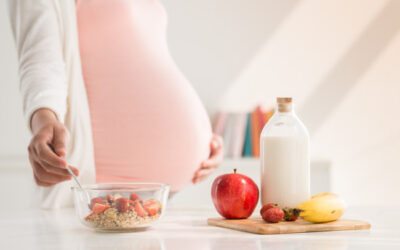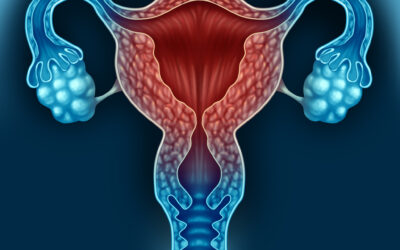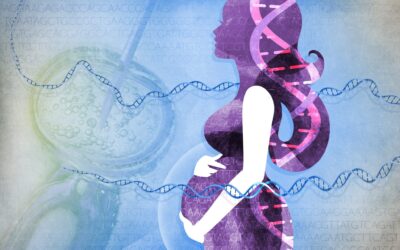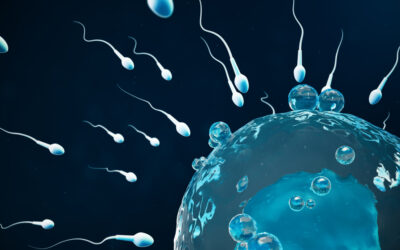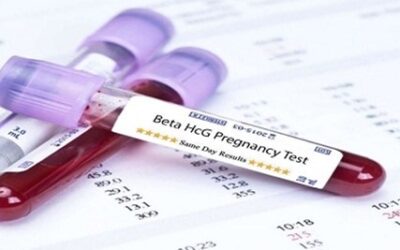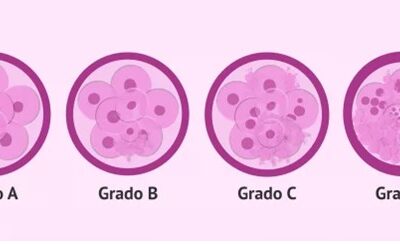DIET DURING PREGNANCY
The woman who plans to become pregnant has to begin controlling her diet before the pregnancy to achieve healthy development of the foetus. Diet is important for improving fertility and embryo development. From a hygienic point of view, you must wash your hands, and...
OVARIAN CYSTS DURING PREGNANCY
The ovarian cysts are tiny bags filled with liquid, their size varies and can reach up to 10 centimetres. The ovaries in reproductive age contain small cystic formations named follicles which are responsible for the production of a mature oocyte inside of it during...
TOWARD SINGLE EUPLOID BLASTOCYST TRANSFER
Spanish law enables us to transfer up to three embryos to the uterus in an IVF treatment, but it has been a few years now since we have transferred more than two at our Clinic. We aim to avoid the risk of multifoetal pregnancy. Nevertheless, the future trend is to...
ADVANCED PATERNAL AGE AND FERTILITY
It is widely known that the age of a woman negatively affects her fertility. Delayed maternal age is also associated with the advancing paternal age as well, though it goes much more unnoticed. In the case of males, the ideal biological age for creating a family is...
PIECES OF HISTORY. GAMETES AND FERTILISATION
Although today we can already clearly handle the feminine and masculine gametes when using in vitro fertilisation technique, we did not always have this knowledge. The three crucial moments from the historical point of view in assisted human reproduction were: first,...
POSITIVE BhCG. AND NOW WHAT?
In the past few years, more and more women have been seeking fertility treatments due to diverse motives: the wish of becoming a mother getting delayed, sperm quality problems, single mothers or new family models. Disappointments can accompany women and their partners...
Advances in embryo quality classification
Knowing how to assess embryo quality is a significant factor in the laboratories of assisted human reproduction because this knowledge helps to select the embryos that have high implantation potential and can evolve into a successful pregnancy. Some years ago, this...
prueba prueba
RESEARCH IN NURSING
Nurses base their practice on scientific evidence. On numerous occasions, we as nurses cannot receive the acknowledgement of their findings as our own and must turn to the studies carried out by other disciplines to focus on our praxis. Therefore, it is our...
SURROGATE MOTHERHOOD
In surrogate motherhood, a woman with no fertility issues and in an altruistic form receives the embryos of a couple who for multiple reasons cannot carry a baby to term. This child is given to their parents at birth. The couples that would benefit from surrogate...
COCAINE AND REPRODUCTION
Cocaine is an alkaloid extracted from a coca plant. It is usually consumed mixed with diverse adulterated substances like talc, flour, amphetamines, detergents, formol and other products. The purity of the substance reaches between 5-50% and depends on the ingredients...
VOCABULARY IN ASSISTED REPRODUCTION (PART 1)
Assisted reproduction is a broad field with terminology that patients must learn to understand all the processes involved in their treatment. If you already started treatment or plan to go through one, this article can help you to understand some of the basic concepts...

